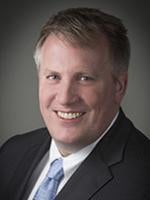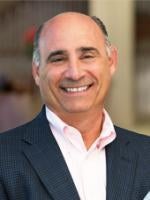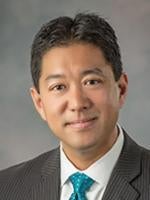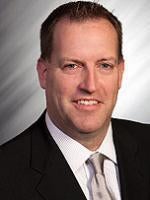The U.S. Supreme Court ruled in Lane v. Franks, 573 U.S.____(2014) the subpoenaed testimony of public employee Edward Lane, a former director of a community youth training agency, is protected by the First Amendment and therefore not an appropriate basis to support his termination. In a unanimous decision, the Court held Lane’s testimony exposing government corruption, although outside the scope of his ordinary job duties, is still entitled to First Amendment protection.
In a unanimous opinion, the Supreme Court first determined Lane spoke “as a citizen on a matter of public concern,” when testifying. The independent obligation to tell the truth when under subpoena, and in a judicial proceeding, was held to be a “quintessential example” of speech as a citizen.
Speech that exposes government corruption, as did Lane’s testimony, was held in high regard in the Court’s opinion. The Court wrote it would be “antithetical” to hold that the type of speech required to prosecute such conduct would be unprotected if made by a public official. This would place public employees in the “impossible position” of having to testify truthfully and still face losing their jobs.
The Court’s holding significantly protects speech made in the course of testimony in judicial proceedings. Consequently, public employers should practice caution when considering termination based on judicial testimony. Left open is where the line is drawn between protected and unprotected speech by a public employee. The Court noted “false or erroneous” testimony is likely unprotected. It further included unnecessary disclosure of “sensitive, confidential or privileged” information is likely unprotected speech. The decision seems to indicate the Court has set a high bar for the type of testimony that may not be afforded First Amendment protection.
Also left open is the question of whether public employees testifying during the normal course of their job duties speak as citizens for First Amendment protection. This would include public workers such as police officers, crime scene technicians, and medical examiners. As Lane’s duties did not normally require judicial testimony, this question remains unanswered. Could a police officer’s truthful testimony in court be left unprotected? The answer to this question is as yet unaddressed by the Court, and leaves employers and employees alike without a clear standard.







 i
i


